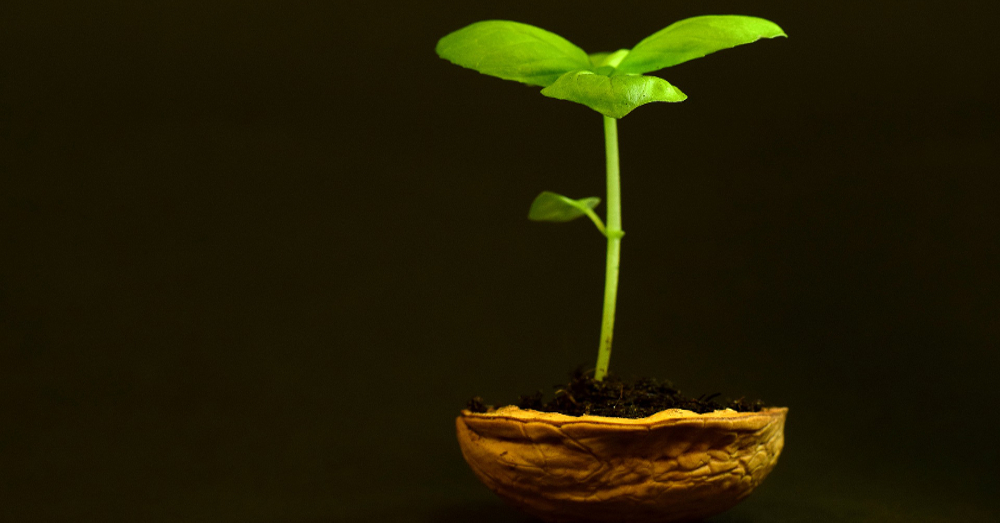
An Agricultural Movement for People-To-People Reparations Puts Itself on the Map
On a small plot of land on the outskirts of Chicago, a farm collectively owned by gender-non-conforming immigrants will cultivate produce and a younger generation of food justice activists. That’s the vision that Viviana Moreno, Nadia Sol Ireri Unzueta Carrasco and Jazmín Martinez, organizers and farmers based in Chicago’s Little Village neighborhood, are working to turn into reality.
May 11, 2018 | Source: In These Times | by Emeline Posner
On a small plot of land on the outskirts of Chicago, a farm collectively owned by gender-non-conforming immigrants will cultivate produce and a younger generation of food justice activists. That’s the vision that Viviana Moreno, Nadia Sol Ireri Unzueta Carrasco and Jazmín Martinez, organizers and farmers based in Chicago’s Little Village neighborhood, are working to turn into reality.
Catatumbo Collective, as the three call themselves, told Rural America In These Times in an email: “We’re approaching a worker-owned farm through an intersectional and holistic lens that understands that our community’s issues can be addressed in part by sustainable farming and food justice educational programs.”
Viviana, Ireri and Jazmín have known each other from years of organizing against deportations in Chicago and working in Little Village’s Semillas de Justicia community garden.
Of Venezuelan and Mexican heritage, the three incorporate their families’ experiences—with land stewardship and NAFTA-driven migration—and the history of campesinos’ and Indigenous peoples’ land struggles into their approach.
